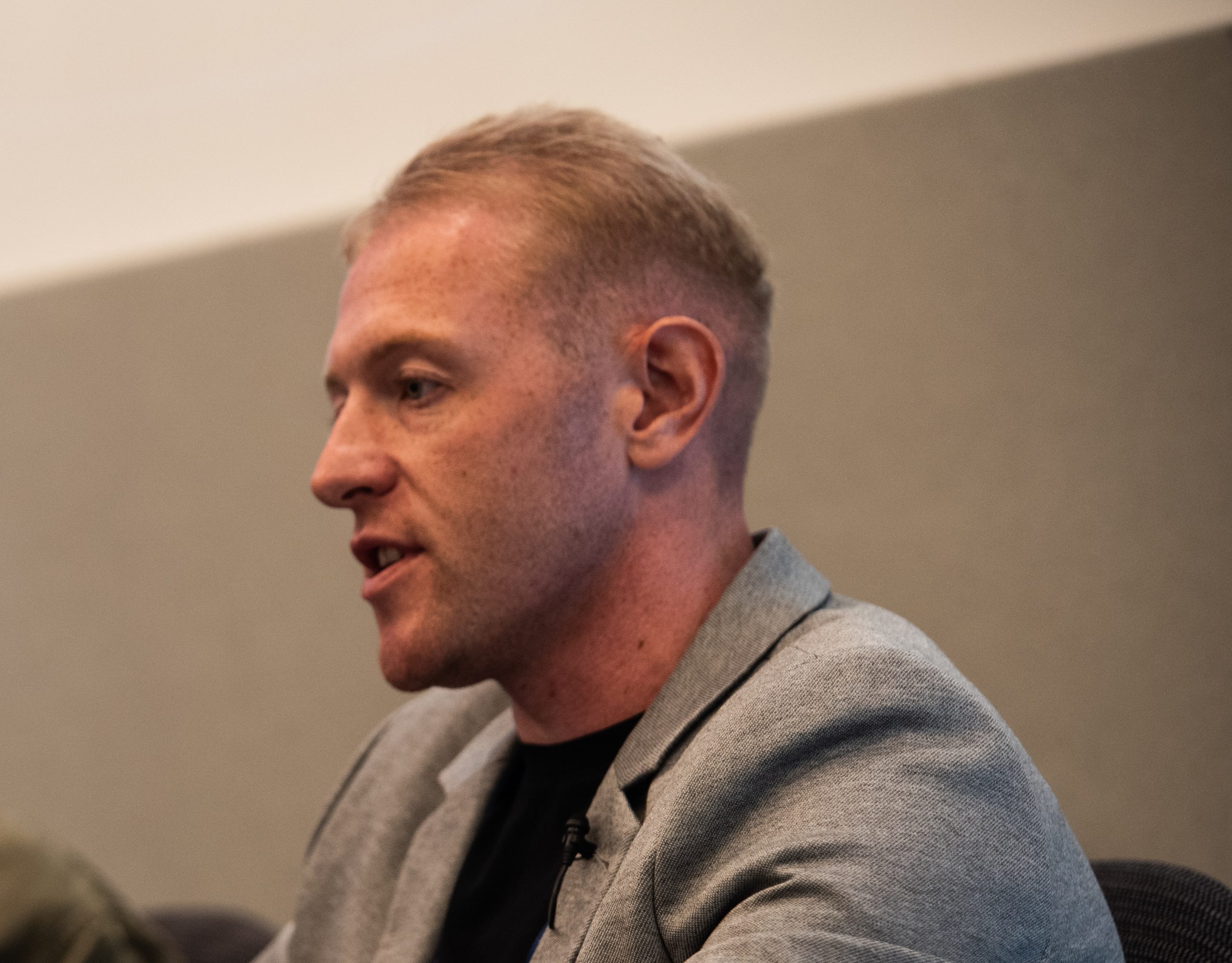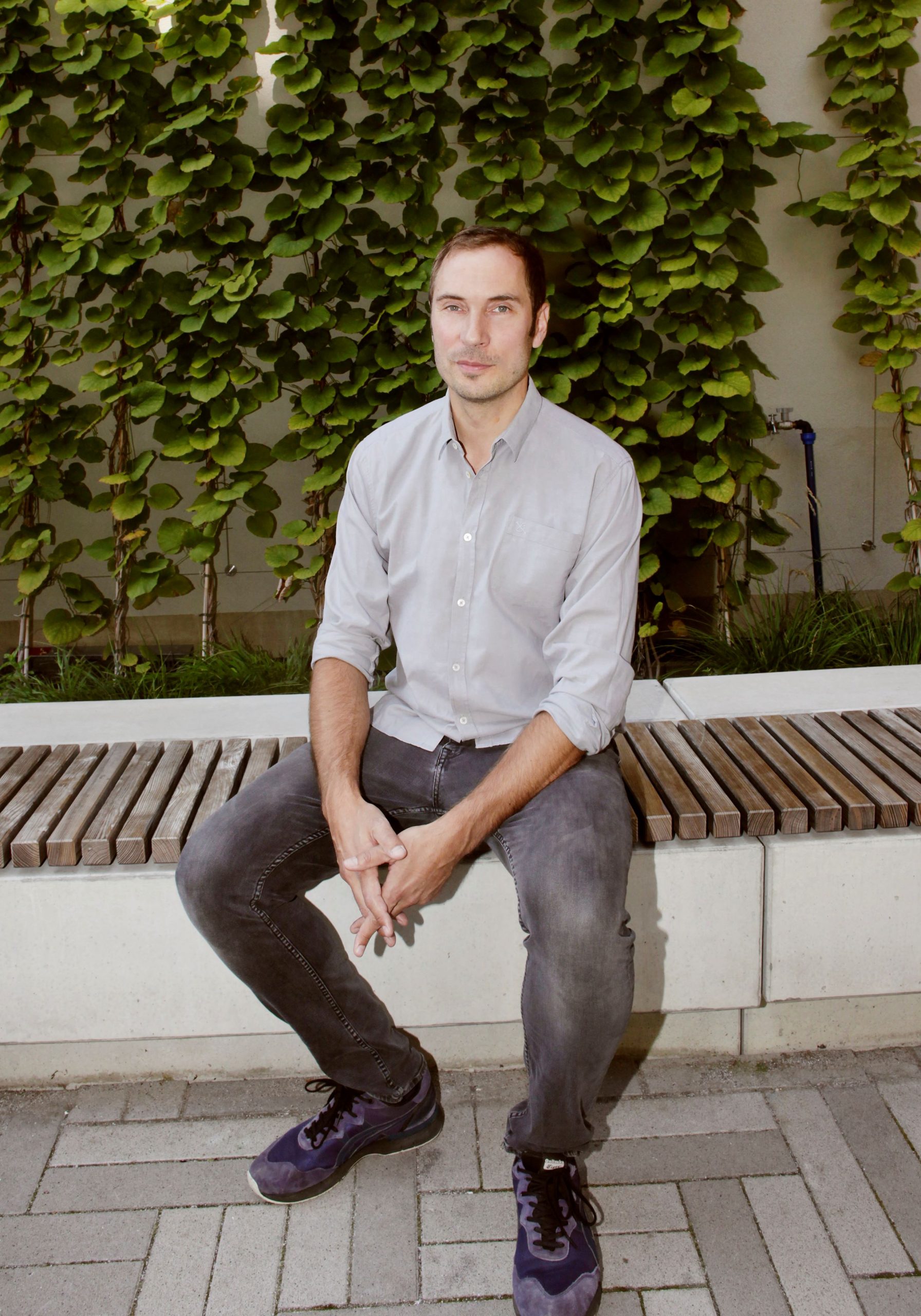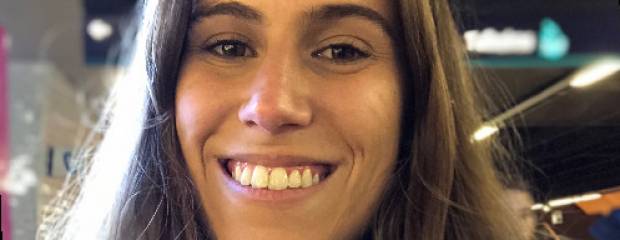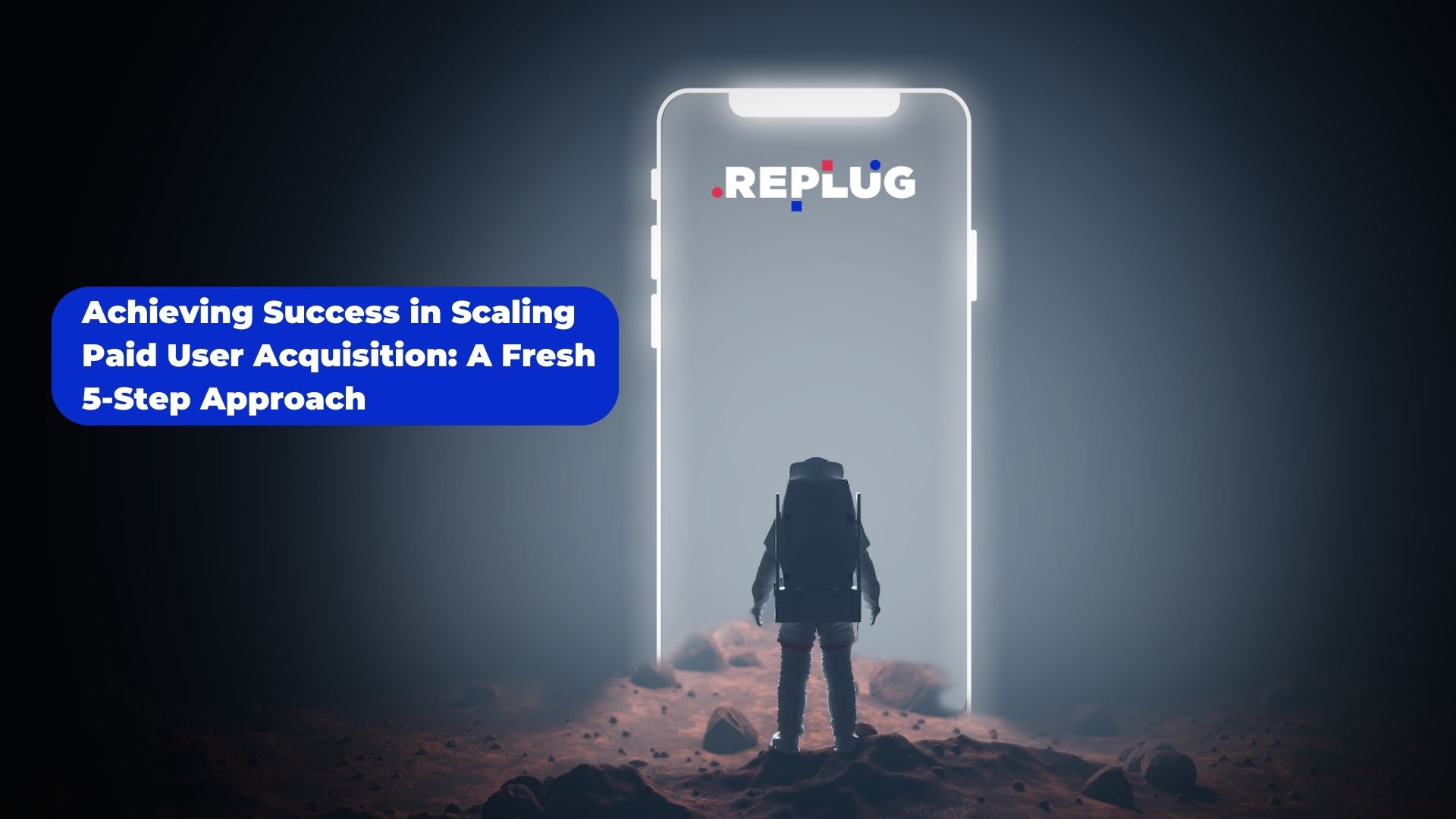Sustainability, personalisation and smart packaging: Paris Packaging Week 2023 highlights
- Friday, February 17th, 2023
- Share this article:
Jenny Stanley, MD at Appetite Creative, looks back at the recent Paris Packaging Week show.
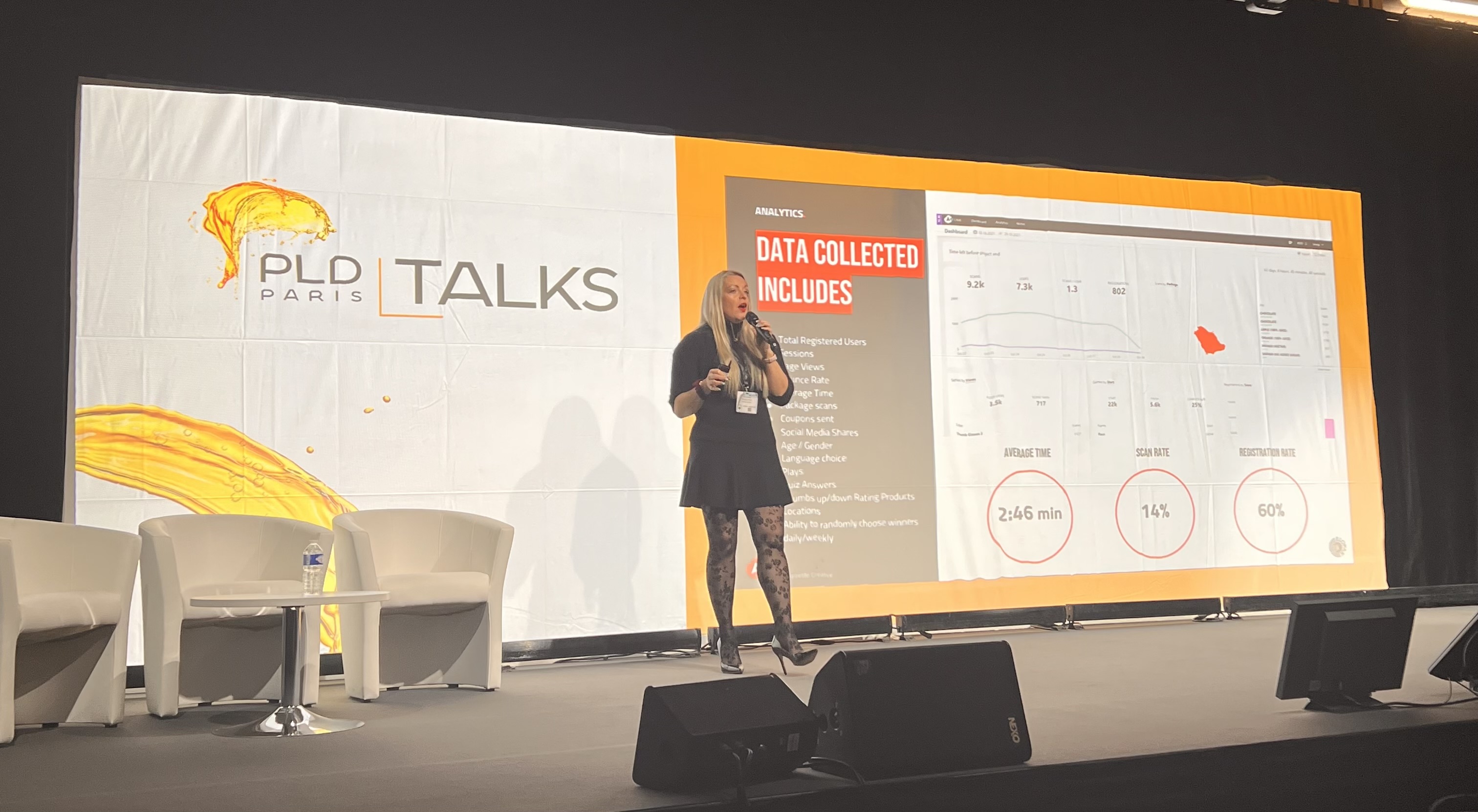 Paris Packaging Week 2023 was held from 31 January 31 to 4 February, and was attended by top packaging industry leaders from across the world. The event showcased the latest innovations and advancements in packaging technology, materials, and design. Some of the key trends seen at the event included:
Paris Packaging Week 2023 was held from 31 January 31 to 4 February, and was attended by top packaging industry leaders from across the world. The event showcased the latest innovations and advancements in packaging technology, materials, and design. Some of the key trends seen at the event included:
1. Sustainability
The theme of sustainability was prevalent throughout the event, with several exhibitors showcasing packaging solutions made from eco-friendly and biodegradable materials. There was also a strong emphasis on reducing waste, refillables, with several companies highlighting efforts to reduce their carbon footprint and minimise impact on the environment.
The concept of a circular economy, where waste is minimised and resources are reused, was a hot topic. Companies discussed how they are working to reduce their reliance on virgin materials and instead use recycled or renewable materials in their packaging.
Flexible packaging was also a major focus, with companies showcasing a wide range of products including pouches, bags, and sachets. The popularity of flexible packaging is due to its ability to reduce packaging waste, improve product protection, and increase the shelf life of products.
2. Smart packaging
The use of smart packaging technologies was another significant trend seen at the event. This includes the use of sensors, RFID tags, and QR codes to provide customers with information about the product and its journey from the manufacturer to the end-user.
Smart packaging also offers authentication, allowing customers to check the origination and authenticity of a product. This is particularly popular with luxury brands to discourage copies or imitations of expensive items such as whiskey and face creams.
Many companies also highlighted how they are using technology to improve the packaging process and streamline operations. This includes the use of digital printing and automated packaging solutions, as well as the integration of AI and machine learning.
3. Personalisation
With the growing trend towards e-commerce, there has been an increasing focus on personalised packaging solutions. Companies at the event showcased how they are using innovative technologies to create custom packaging that meets the individual needs of each customer. There were numerous examples of digital packing being created in smaller batches to ensure exclusivity and personalisation, which is a simple process when sharing information via a QR code added to a carton or box.
In my presentation at the conference, I shared numerous examples of the benefits and value our clients are seeing by adopting connected experiences. It gives them an opportunity to transform packaging into a media channel and connect directly with consumers through digital experiences including games, loyalty programs, authentication, quizzes, vouchers and much more.
One example I shared was our work with Elopak’s new aluminium-free carton which Don Simon has just started using for its beverages. We were able to raise awareness of the new aluminium free carton, personalise the experience by product type, test customer knowledge and address the gaps and drive sales. All while identifying ambassadors for the brand. We saw an average dwell time of two minutes and 46 seconds, 14 per cent scan rate and 60 per cent registration.
The key trends seen at the conference reflect the growing importance of sustainability, personalisation and smart packaging across the industry. Both brands and packaging producers are working to reduce their environmental impact, improve the customer experience, and streamline operations via innovative technologies and materials.
Connected or smart packaging is continuous and low-cost media advertising alternative to TV, out of home and product placement. It encourages customers to directly interact with your brand for minutes rather than seconds. With changes in legislation, large brands such as Coca-Cola and AB InBev adopting an ‘always on approach’ and secure QR codes readily available for authentication purposes, now really is the time to go digital, smart and sustainable across all packaging.







